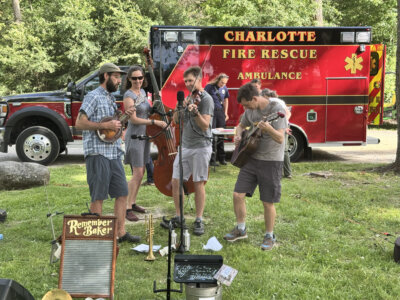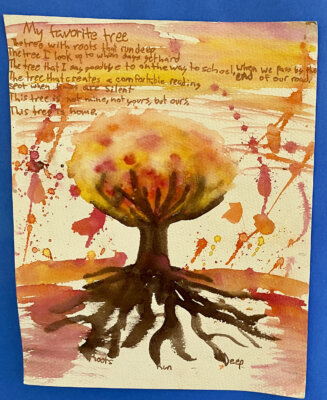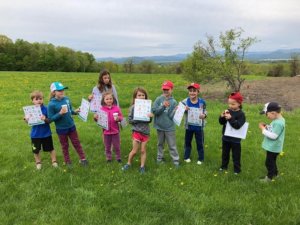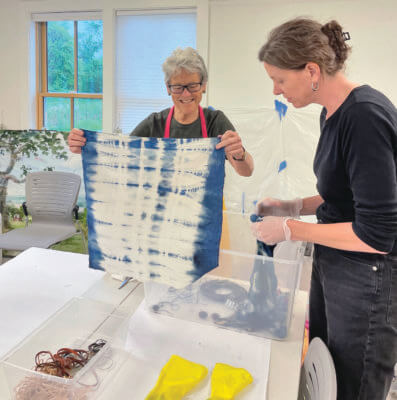Story of a Charlotte farm and orchard: New book by Vermont author
A new book by Vermont author David Holmes probes what it means to be a Vermonter through chronicling the history of his family’s multigenerational farm.
The book, On Being a Vermonter and the Rise of Fall of the Holmes Farm 1822-1923, is the first case study of a Vermont farm from the early 1800s to the early 1900s.
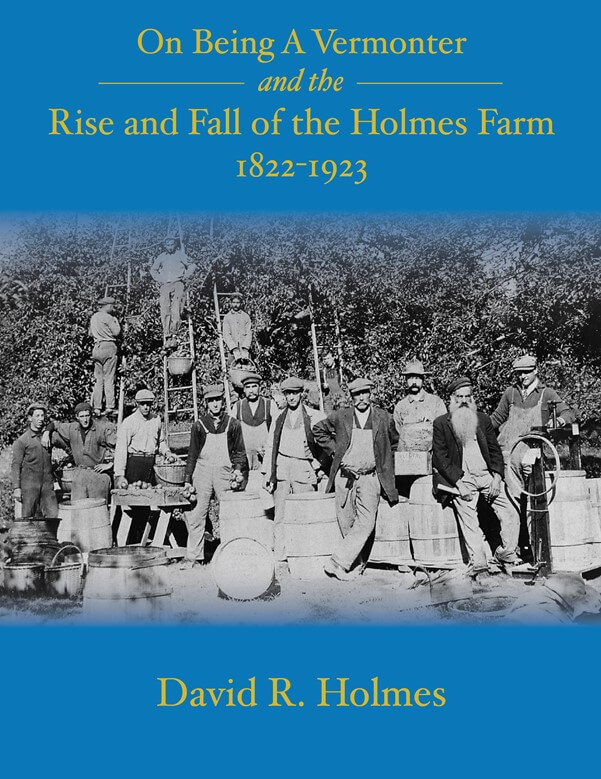 The Holmes farm existed on Lake Champlain south of the Holmes Covered Bridge for 101 years until its demise in 1923. Published in October, the book draws on firsthand documents, photos and more to piece together a family history.
The Holmes farm existed on Lake Champlain south of the Holmes Covered Bridge for 101 years until its demise in 1923. Published in October, the book draws on firsthand documents, photos and more to piece together a family history.
“Holmes’ new book is an important contribution to our understanding of Vermont’s history as a frontier region settled by tough, hard-working farmers and how that history shaped Vermont’s character up to the present day,” said David Moats, a Pulitzer Prize–winning Vermonter journalist.
“It is grounded in Holmes’ own family history and the detailed record found in letters and other documents,” Moats said, calling the book “rich in detail and insight.”
The Holmes farm, run by the author’s ancestors, boasted one of the largest apple orchards in New England and pioneered several techniques in the field. It was also a leading breeder of horses whose heritage can be traced to the Morgan horse—the Vermont state animal and one of the earliest American horse breeds.
The farm’s 101-year enterprise crumbled due to foreclosure in 1923, and Holmes traces the resulting diaspora of his family and its transformation in a single generation.

“In many ways, this lovely book is about place and how a family is affected by place, and how a home translates (with a bit of luck) to a self,” said Jay Parini, an acclaimed Vermont-based novelist, biographer and poet.
By fastening his eye on his family and its past, Parini said that Holmes finds a “vivid present” in his book.
The chronicle examines not only the ups and downs of daily farm life, but also how the broader events of the century impacted the local business: the Spanish flu outbreak of 1918, World War I and more.
The book is a case study, not a memoir. Holmes’ family story acts as a framework to examine greater trends in Vermont—and the identity of its residents.
What emerges is a common set of themes: grit, small-scale community, an appreciation of the land, and the type of humbleness that has defined rural Vermonters for decades.
That love of land—and the labor behind it—provides the backdrop for a generational cycle well-known in farm families: building and losing a farm, skimping on extras in down times, the trial of making a successful harvest. Members of the Holmes family looked to advance their education, too—paralleling the growing aspiration among Vermonters at the turn of the century to attend and graduate from college.
The book is published by the Center for Research on Vermont, an interdisciplinary network of scholars and community members housed at the University of Vermont that aims to increase our knowledge of the state—where it’s been and where it’s going.
The book is available from the Vermont Book Shop in Middlebury and can be ordered online at vermontbookshop.com. Contact Emily Anderson ([email protected]) at the Center for Research on Vermont if you would like to schedule an author event.
Holmes and his wife, Toni Kiley Holmes, lived in Charlotte when he wrote a previous book of Vermont history, Stalking the Academic Communist: The Firing of Alex Novikoff, published in 1988 by the University Press of New England. He earned a bachelor’s degree from Middlebury College, a master’s from Columbia University and a doctorate from the University of Denver.
Related Stories
Popular Stories
If you enjoy The Charlotte News, please consider making a donation. Your gift will help us produce more stories like this. The majority of our budget comes from charitable contributions. Your gift helps sustain The Charlotte News, keeping it a free service for everyone in town. Thank you.
Andrew Zehner, Board Chair



